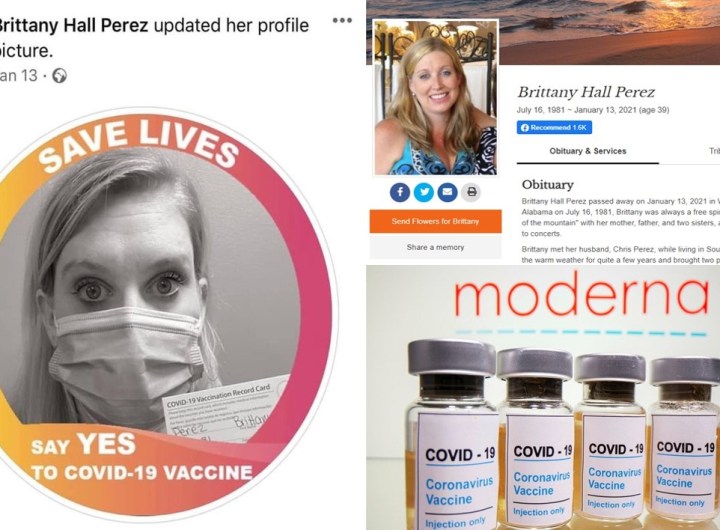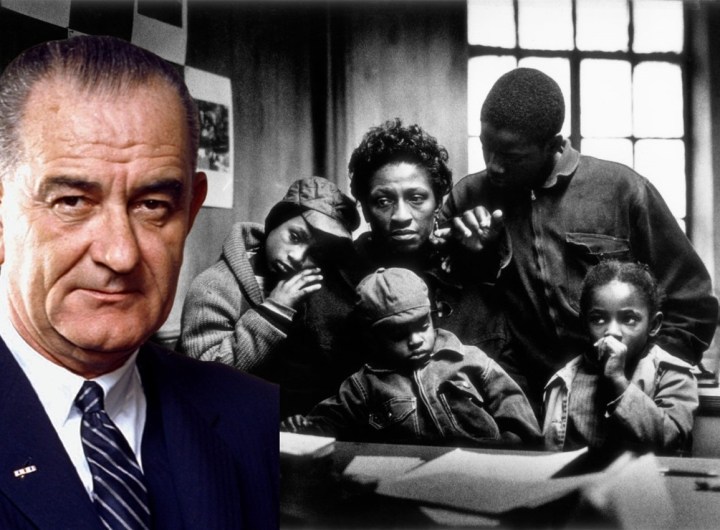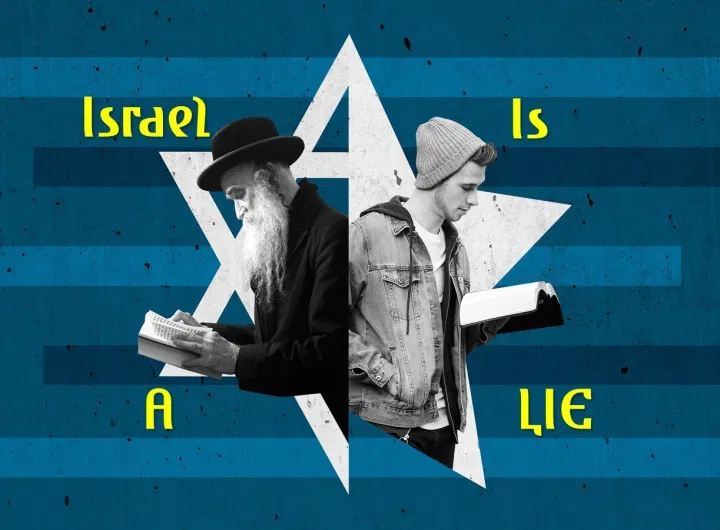Crying.
There was a time in my life where I used to question the veracity of some women who relayed stories of being raped long after the occasion passed. I’m not saying I doubted every woman; I’m very sympathetic when it comes to the plight women endure because I’ve witnessed the hardships women in my life faced on countless occasions. Yet, regardless of how open minded I was, when a certain aspect of a story did not make sense to me, on more than a few occasion I discounted a story of horror as a form of revisionism.
Let me explain what I mean because I know this is a dicey area for a man to wade into. There was a time a woman was on TV stating that she was raped even though she recounted specific acts she performed that made me say “how is that rape”. Not only was her story suspect based on what she was saying, she also filed charges years after the incident and this too became a red flag. I found myself asking “why did she not go to the police immediately” and that line of questioning led me to the conclusion that the woman must have been lying.
In my mind, rape was black and white—there were no gray areas to be found. I was in no way lumping in all rape victims in the same category; my tendency to doubt only crept in when the narrative did not make sense to me. The most famous example I can give is the Mike Tyson episode; a woman going to a boxer’s hotel room way after dark and then claiming to be raped. What else did she expect! That was my default reaction for too long. I accepted the narrative that we have become a society of deflection; instead of taking personal responsibility, too many would rather play the victim—or so I thought.
This line of thinking hanged when a good friend in a city far from DC called me one night and told me that she was raped. While she was crying uncontrollably, she told me how the guy she went out for drinks with forced himself on her. My initial reaction was to get livid; I told her to call the police and get his ass arrested immediately. Furthermore, I told her to go to the hospital and get checked up so she could document the evidence. I’ve watched one too many episodes of CSI; instead of listening to her trauma, I found myself trying to be the problem solver. Separated by 600 miles, I felt helpless to do anything other than to be her counselor.
Her story would change my perception of rape and how people handle being victimized differently. My friend refused to call the police for fear of being twice traumatized. Instead of filing charges, she went out the following night and partied as if nothing happened. I realized at that moment what she was attempting to do—she was rushing to return back to normal. This is what many of us don’t understand about the plight others go through and why their reactions might seem abnormal. I’ve been at funerals where a wife of the deceased started laughing. This is not because she was uncaring, she was just trying desperately to go to her comfort zone—we all cope with pain differently. Trying to conceptualize the reaction others have to trauma from our perspective will always lead us to marginalize others who don’t react as we do.
Sometimes it is best to sympathize than it is to empathize. Empathy is care from a basis of understanding where we give someone support based on having walked in their shoes before. But we don’t have to walk in a woman’s stilettos to understand when she is hurting. The reality is that we all react to pain differently. When malice shatters normal, some of us take to flight while others stay and fight. Just because some chose to flee does not make them a coward and less believable than someone who chose to stay and fight. Likewise, if a woman decides a decade later to fight where she initially chose flight does not make her discreditable. People do things that don’t make sense when they get hurt deeply. Instead of judging their reaction, we should listen to them and do our best to help them mend.
We do a great disservice to all rape victims when we start to question the reaction women go through when they get assaulted. We can’t apply logic to the steps women (and men) take after a horrific incident. We are expecting people who have been severely harmed to make logical decisions when in reality shock induces indecision and doubt. My default mode going forward is to believe all who say they have been raped. I can’t let my lack of understanding or a few exceptions to the rule deter me from accepting the harrowing stories of rape survivors.
This article is a continued evolution on this front. A few months ago, I wrote about the Bill Cosby episode in ways that outraged many women. I did not write that article to in any way defend Bill Cosby and his immoral behaviors (read Bill Cosby in HD), but reading the stories of past experiences shared by my friends on social media makes it impossible to argue technicalities of a case. I am sure there will be times in the past where a media narrative will make me vacillate between compassion and condemnation. Proximity makes it all the easier to accept the narratives of those closest to us as we dismiss the horrors others go through who are not connected to us. Perhaps discussions like the ones we are having now will make the crucibles rape survivors face less of a political sport and more of an issue we should all have a visceral connection to. It is astounding, these stories women are sharing on social media is not an outlier. The outlier seems the opposite, the vast majority of women I’ve encountered have told me of incidents from the past where they were violated in the most horrific ways. Most of the time, these traumas started long before they became adults. It is easy to overlook the struggles women go through when we hear stories in the abstract. But when we hear these stories being told by our loved ones, it makes even the most calcified heart pause and reflect. Pop culture continues to objectify women, hearing stories of tears, blood and scars should make us think twice about treating women like conquests and realize that every woman who is harmed by assault could be our mother, sister or daughter.
It is astounding, these stories women are sharing on social media is not an outlier. The outlier seems the opposite, the vast majority of women I’ve encountered have told me of incidents from the past where they were violated in the most horrific ways. Most of the time, these traumas started long before they became adults. It is easy to overlook the struggles women go through when we hear stories in the abstract. But when we hear these stories being told by our loved ones, it makes even the most calcified heart pause and reflect. Pop culture continues to objectify women, hearing stories of tears, blood and scars should make us think twice about treating women like conquests and realize that every woman who is harmed by assault could be our mother, sister or daughter.
When I realized the horrors women go through to profess they were raped publicly, it made me rethink the various stances I’ve taken in the past. We should be very careful on these matter; there is no virtue in rushing to judgment or dashing to dismiss. We can be nuanced about this issue; we can give the accused space for fair hearings while concurrently treating the person who asserts they were raped with compassion and care. In all things we should lead with understanding; I’m not saying that people who have been accused should automatically be tarred and feathered without having their day in court. Likewise we should not inspect the motives of women (or men) who say they were victimized with innuendos, hearsay and half-information.
I applaud all women, and some men, who have taken to social media to share their stories and having the fortitude to use #MeToo to spread an awareness. The same way that my mind was changed when a good friend told me about her ordeal, women who are bravely telling their stories are helping to change hearts. Their courage might prevent a future rape victim by planting a seed of compassion in someone who might otherwise want to treat women like an inanimate object to be conquered. This is how social media should be used, it is awe inspiring to see people connecting with each other and telling others who hurt that they are not alone in their struggle. Continue to tell your stories; there are some who cry alone who are helped by your voices. #HearHer
When women hurt, society shatters::
Even more than love, pain is the universal language of humanity. The more we share each others struggles, the more we heal within. This is the narrative behind the Ghion Cast below titled “Send Me”
Teodrose Fikremariam
Latest posts by Teodrose Fikremariam (see all)
- Unwanted Token: the Sad, Sad Travails of Nina Turner - February 25, 2021
- Dispatches from Tigray: Ethiopia’s War Torn Region’s Muted Cries for Cessation - February 24, 2021
- Covid-19 “Vaccine” Obituaries: From Virtue Signaling to Last Day Breathing - February 24, 2021






